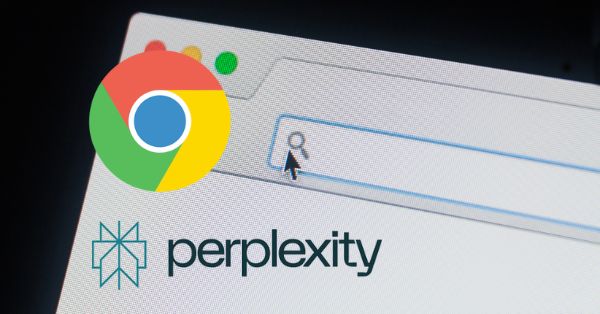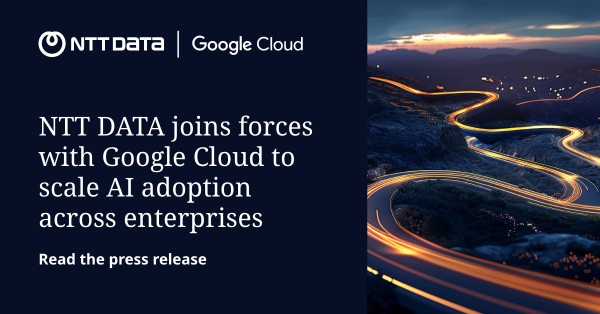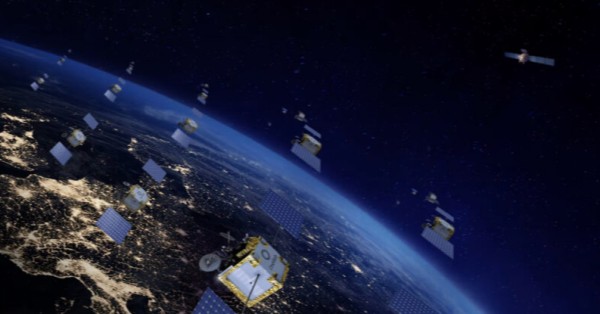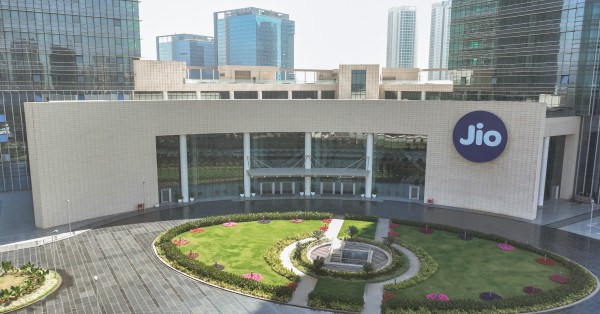A collection of European space and telecommunications entities has joined forces to create a partnership in response to the European Commission’s call for tender concerning the future European satellite constellation, IRIS² (Infrastructure for Resilience, Interconnectivity, and Security by Satellite). The goal of IRIS² is to establish a secure and resilient connectivity infrastructure for European governments, businesses, and citizens.
The open consortium will be led by Airbus Defence and Space, Eutelsat, Hispasat, SES, and Thales Alenia Space. The core team will also include Deutsche Telekom, OHB, Orange, Hisdesat, Telespazio, and Thales. Collectively, the group aims to develop a cutting-edge satellite constellation utilizing a multi-orbit architecture compatible with terrestrial ecosystems.
This partnership aims to create a cohesive European space and telecom team, leveraging expertise and capabilities in secure satellite communications solutions. The consortium will invite start-ups, mid-caps, and SMEs to join, fostering innovation and competitiveness within the European space sector and promoting new business models.
The integrated team’s objective is to encourage collaboration among all European space stakeholders across the entire connectivity value chain, with the goal of advancing the EU’s strategic autonomy. This will be achieved through the provision of sovereign, secure, and resilient government services to protect European citizens, while also leveraging synergies between government and commercial infrastructures. The partners are well-positioned to offer commercial services that bridge the digital divide across European territories and enhance Europe’s global outreach and competitiveness in space and digital markets.
IRIS² aims to provide resilient and secure connectivity solutions for governments to safeguard European citizens, while also offering commercial services for the benefit of European economies and societies. Furthermore, it will strengthen the EU partnership policy by extending its infrastructure abroad. IRIS² represents the EU’s latest flagship space program for a digital, resilient, and more secure Europe.

































